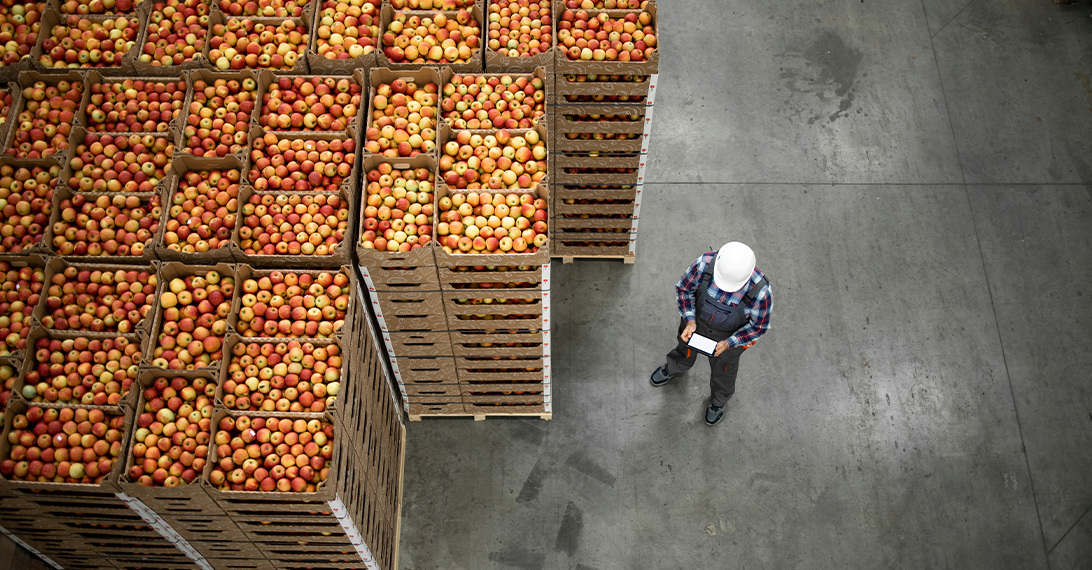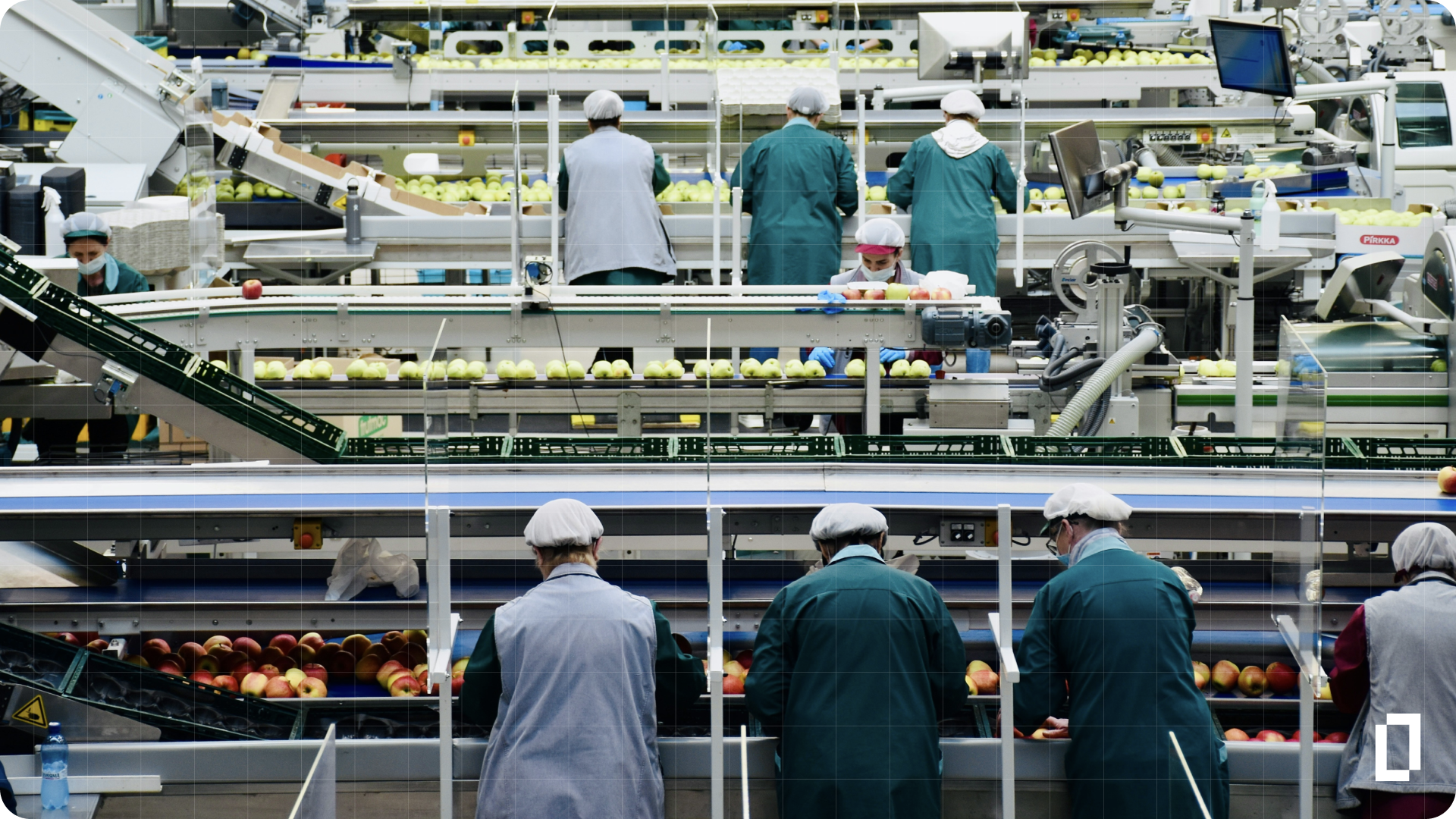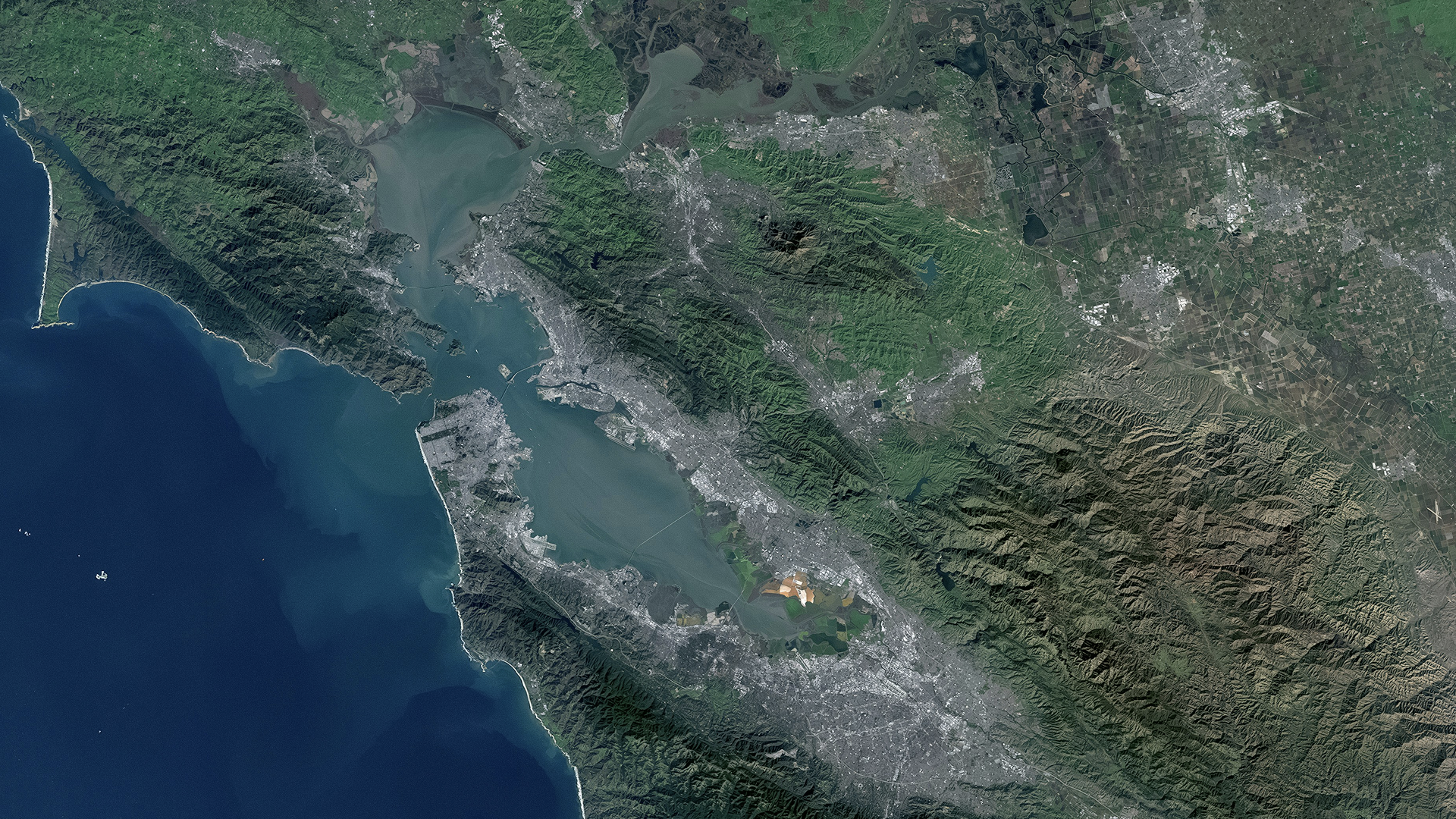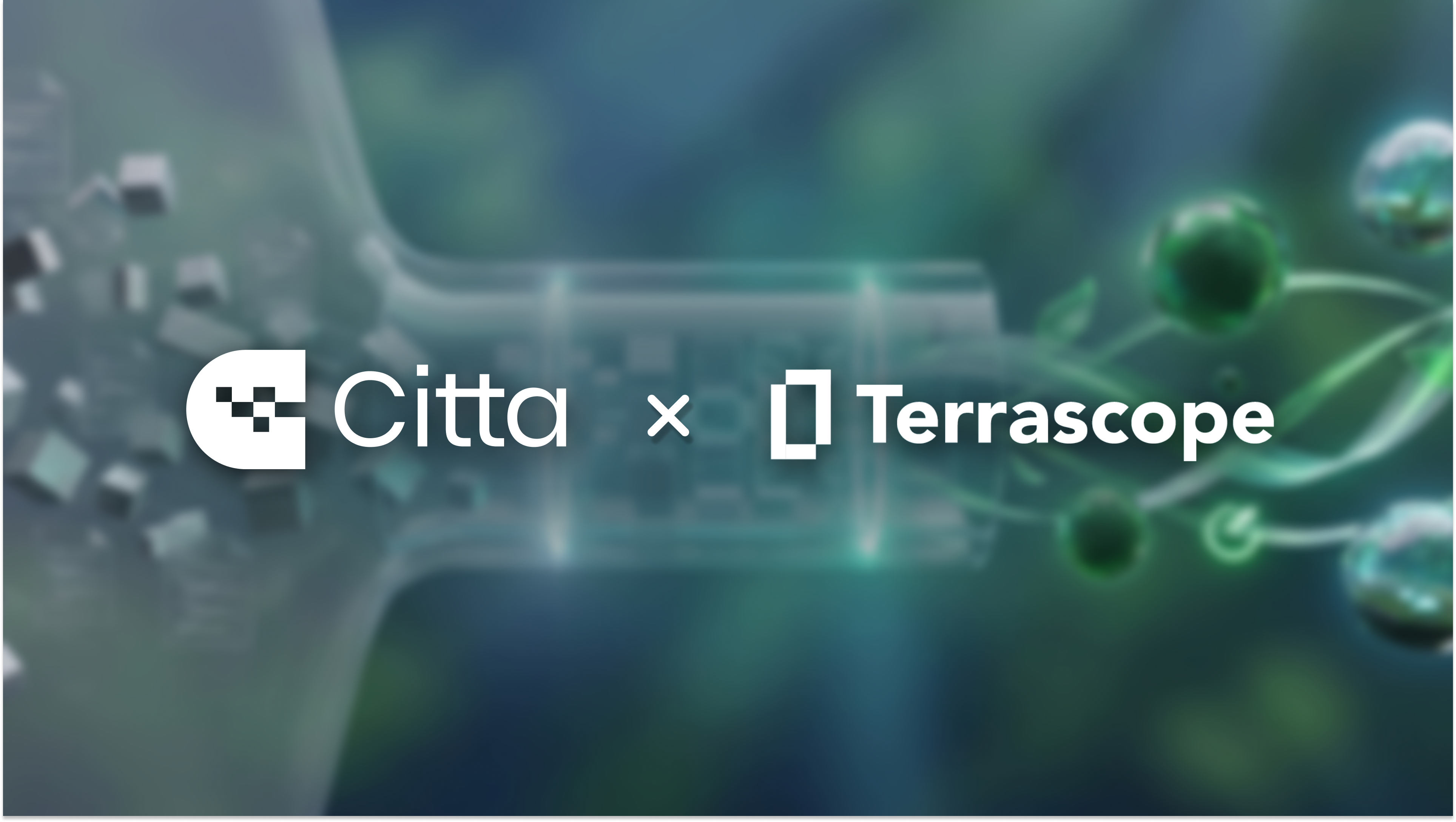Terrascope is thrilled to introduce our latest innovation: the 1-Click Decarbonisation engine. This groundbreaking tool is set to transform how businesses approach climate action, offering instant AI-powered recommendations for decarbonisation tailored to each business activity.
Introduction
Although there is a pressing need to decarbonise, many organisations still grapple with identifying effective strategies for reducing emissions across their operations and supply chains to meet sustainability goals.
Despite having the best intentions and the guidance of sustainability practitioners, determining where to begin and where to allocate limited time and resources can pose a significant challenge. We often hear from our clients their concerns about the challenges of decarbonisation which converge on two fronts:
- The research challenge: There is so much science to go through. How do we even start identifying the most feasible opportunities for us?
- The quantification challenge: What will be the impact of executing a particular decarbonisation action? Will this change make a material difference to my organisation’s emissions?
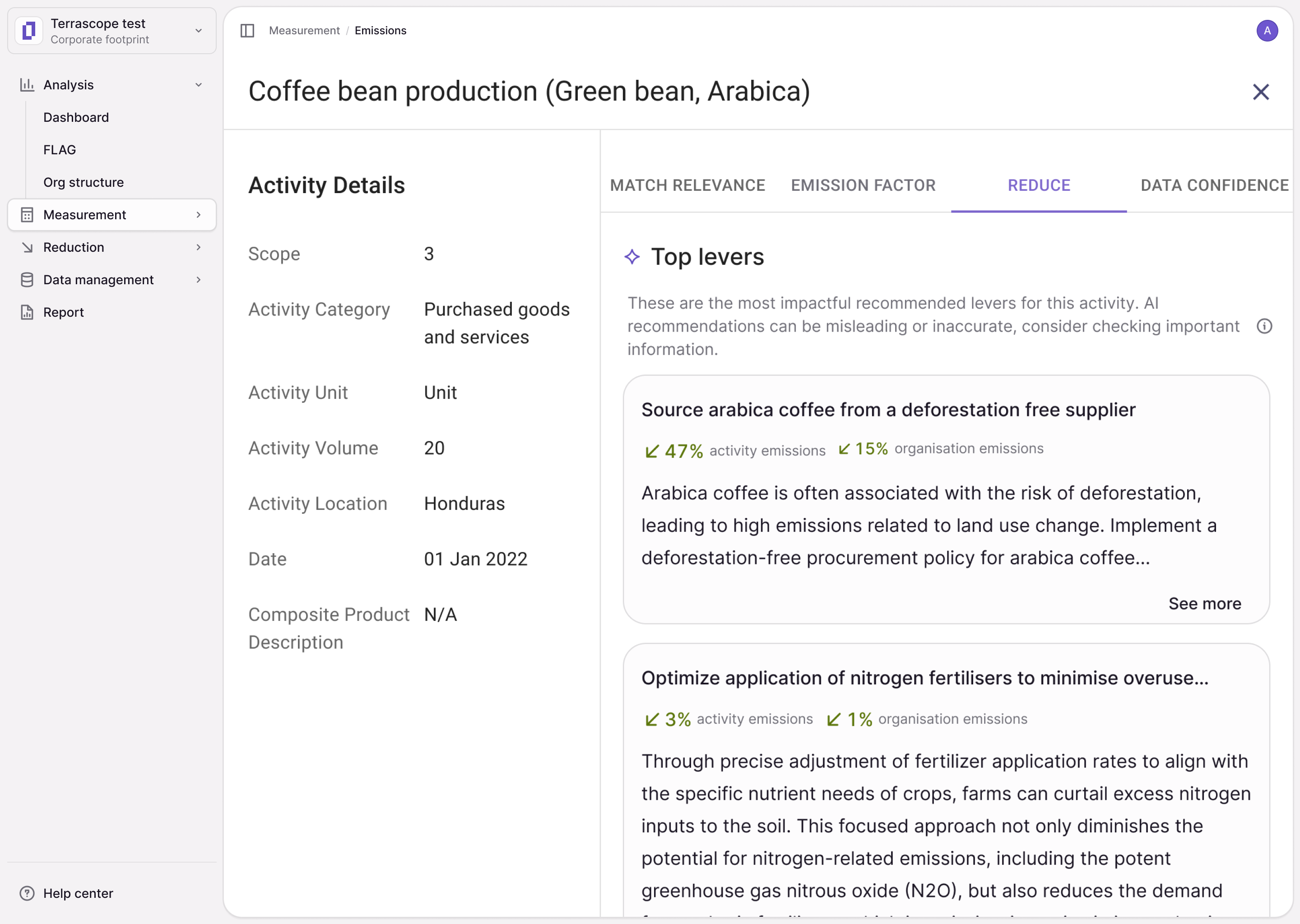
Our Solution
In response to these challenges, Terrascope developed our 1-Click Decarbonisation capability to streamline and expedite the decarbonisation process for organisations. This development was a collaborative effort, integrating valuable feedback and insights from our clients and partners actively involved in decarbonisation initiatives. Rooted in our core value of delighting our users and customers, this innovation aims to enhance their experience and effectiveness in addressing climate challenges.
Key features of our 1-Click Decarbonisation engine include:
- Automatic identification of impactful decarbonisation opportunities: Our AI recommendation algorithm analyses an organisation's emissions inventory, automatically pinpointing the most relevant and impactful decarbonisation opportunities for each business activity. This tailored approach ensures organizations prioritize strategies that deliver significant progress towards net-zero goals.
- Automated estimation of expected impact: Our lever library calculates and estimates the potential impact of implementing recommended decarbonisation measures. It offers precise insights into how each action can reduce emissions, empowering data-driven decision-making aligned with sustainability objectives.
- Continuous updates: We constantly update the breadth and depth of our recommendation engine. We are always expanding coverage to include levers from new sectors and working to quantify the impact known decarbonisation proposals could have on our client’s carbon inventories.
How it Helps Customers Tackle Decarbonising the Grown Economy
Terrascope is committed to support the Grown Economy*, with our primary focus in research and development centered on food and agricultural productions for our recommendation library. We combine insights from published research by sustainability organisations with our ability to thoroughly investigate our clients' emissions drivers.
Our deep data science capabilities have led to the development of our recommendation engine which suggests effective decarbonisation actions such as:
- Optimizing the application of nitrogen fertilisers to minimise overuse could result in 2-7% reduction in emissions per kg of green coffee bean.
- Switching from virgin steel to recycled steel in the production of metal steel cans could yield a 43% fall in emissions per unit of steel can.
- Sourcing arabica coffee from a deforestation-free supplier could lead to a 47% decrease in emissions.
Ready to accelerate your decarbonisation journey? Sign up for a demo of Terrascope's 1-Click Decarbonisation engine today and discover how you can make a real difference with just one click.
Be the first to know.
Join us on LinkedIn to get curated updates monthly.
*The Grown Economy is responsible for over a third of global greenhouse gas emissions and encompasses a wide array of industries from input providers, growers, producers, manufacturers and brands, to distributors, retailers and service providers in food, agriculture, forestry, and other land-related value chains.
